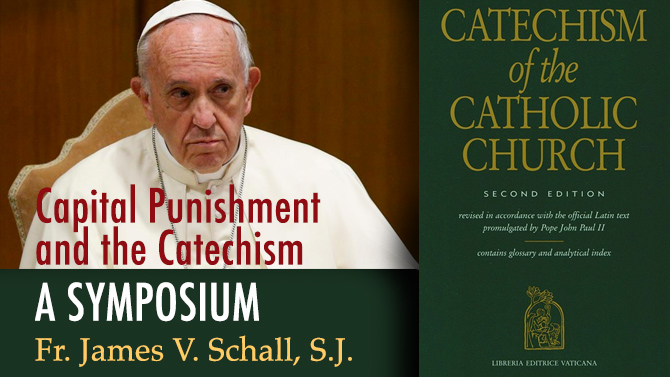
“It is appropriate for everyone who is subject to punishment rightly inflicted by anther either to become better and profit from it or else to be made an example of for others, so that when they see him suffering whatever it is he suffers, they may be afraid and become better. Those who are benefited, who are made to pay their due by gods and men, are the ones whose errors are curable; even so, their benefit comes to them, both here and in Hades, by way of pain and suffering, for there is no other possible way to get rid of injustice.” — Plato, 525b.
“For punishment is not an end in itself; its object is requital (justicia vindicativa) as well as deterrence and education.” — Heinrich Rommen, The Natural Law, 1946.1
I.
The means of executing a convicted criminal vary from country to country. Lethal injection seems most common today. In Saudi Arabia, they execute by beheading. Some nations still use the firing squad or hanging. Stone-ing remains an option in some Muslim states. With its population of over a billion, China seems to execute the most in numbers each year, around 2,000. Iran executes more percentage-wise. Most nations would prefer not to have to deal with this delicate issue. But even in those countries and states that have abolished the death penalty, the topic remains lively.
Fifty-four countries in the world have the death penalty. Thirty-one American states have it. Since 1976, 7,800 criminals have been sentenced to death in the United States, of whom 1.300 have been actually executed. Capital punishment was for a time judicially abolished in the United States but then brought back when the court objection to prison conditions was satisfied. Is there a solid reason either to keep it or abolish it? Many websites like debate.org will give many pros and cons on the topic.
Pope Francis’ recent initiative in this area is much discussed and controverted. The classical scenario held that nations are obliged to protect their citizens from foreign and domestic enemies. This includes individual protection and security even from neighbors and other family members. The justice of personal self-defense and of the defense of other innocent people was taken for granted. Each state is to have a legal and judicial system, whose decrees were carried out by its executive through armies, police, and other authorized armed forces. Soldiers, police, and other security forces, acting in the line of duty, were authorized to kill in self-defense or in defense of others. They were also commissioned to carry out the sentences imposed by the courts. This duty meant, for those judged guilty, either time in jail or death in serious specified cases of violated justice.
The issue raised by Pope Francis does not directly concern the death penalty as a mitigation or deterrent of crime. He would think that the death penalty should be removed even if it did deter some crimes. On a recent weekend in Chicago, some 70 shootings, 12 fatally, occurred (Los Angeles Times, August 2). The FBI estimates from 15 to 17 thousand murders of all kinds take place in one year in the United States. In one year, traffic accidents kill 1.24 million people while wars and murders kill .44 million. Most nations publish homicide numbers and their ways of dealing with them.
Pope Francis was concerned with eliminating the death penalty as a violation of human dignity. This reasoning was considered an innovation because most thinking on capital punishment up to the present was based on grounds of justice and prudence. If the death penalty as such is against human dignity, other issues arise. Logically, self-defense would not be legitimate if it involved killing the aggressor. Police could not use lethal weapons to kill criminals. Soldiers even in a just war would be in violation of human dignity. Presumably, the Pope did not intend to extend his logic that far, but his wording would seem to imply it.
The most common form of thinking on this matter was that a criminal who killed another innocent human being lost the protection of his own human dignity because he violated that of another. Moreover, the primary duty of the civil authority was to protect the victim, not the criminal. When a murder was committed, the killer was to be arrested, placed in prison, given a fair trial, and given a sentence that was provided by the laws. It was to be handed down through the jury and judges. Capital punishment was considered the most serious penalty for the worst crimes. Not every kind of murder entailed capital punishment; only those that were premeditated, planned, and carried out in a clearly inhuman manner.
II.
On August 10, David French wrote in the National Review: “Yesterday, my home state of Tennessee executed a man named Billy Rae Irick. It was the state’s first execution since 2009, and it was a fit punishment for a crime so heinous that I hesitation to type the details. The short version is that Irick raped and asphyxiated a little girl.”
French is not a Catholic. He acknowledges Pope Francis’ position. He gives an account of the death penalty as accepted in both the Old and New Testaments. He concludes: “I still support the death penalty, not because it is a deterrent or a fitting act of vengeance, but because, properly carried out, it’s the only penalty that truly reflects the enormous value of innocent life. There are times when it is the only punishment that truly fits the crime.”
In this context, a friend of mine recalled a remark of Adam Smith in his Theory of Moral Sentiments to the effect that “compassion for the criminal usually means suffering for the victim.” Of the rationale for the death punishment—deterrence, reciprocity—the one that seems most pertinent to some crimes and most reasonable is that having to do with punishment proportionate to the crime.
Were the Nuremburg Trials of Nazi officials violations of human dignity? When a Muslim kills some 50 or 60 Christians with a bomb or gun, is it fitting not to execute him if captured and tried? The fact that most men who perform these latter atrocities usually have sense enough, faith enough, to kill themselves witnesses to the need for a final punishment in death. A man who has killed dozens of other human beings has no place to go but prison. And life in prisons today is often so morally disordered among inmates that death seems much the more valid way to deal with them.
The present discussion revolves around the question of whether the Pope has single-handedly changed a teaching about capital punishment that has been affirmed and reaffirmed right up to the present in the Church’s own documents. In bringing up this issue, the question for many is whether the Pope has not violated the very basis of his own authorized power to uphold what has been consistently taught since the Old Testament. The issue then becomes not just the extent of papal power but the very credibility of the Church itself.
The Pope justified his position as merely developing further a tendency and teaching that had been in play for some time. Both John Paul II and Benedict agreed, without denying the principle, that the death penalty should, in view of modern circumstances, be eliminated. Many countries have already done this. As a prudential move, the issue is left to the legislatures and people of a given jurisdiction to decide whether it is needed or not. But if the prohibition of the death penalty is a doctrine, then it must have always true that it was immoral. This alternative would mean that governments and the Church itself justified something that could not be justified. Probably the Pope did not intend to say that everyone in the past was wrong for justifying it. After all, the Good Thief told the other there on the Cross that their punishment was justified. Christ did not contradict him. Nor did He charge the Romans for immorality for even having execution as part of their legal system. Ironically, our redemption was effected by an execution barely legal in form. The problem with Pilate and the Jewish officials was not that capital punishment existed, but that an innocent man was executed because those in charge of the law did not stop it.
III.
My own thinking on punishment is based on the famous discussion in Plato’s Gorgias. In that dialogue, Socrates was confronted with one Callicles, a handsome, shrewd, and smart political leader. The argument came around to the question of the limits of the power of the political leader. Socrates held that it was never right to do wrong. For Callicles this was an irrational limit on the power of the prince who should be able to do what he wanted. Socrates thought it was always better to suffer from the evildoer than for oneself to do something evil.
Callicles thought this view was preposterous. It implied that one who committed a terrible crime should want to be punished for it. Even if he was not punished by the law, he should want to be punished. We approach here the limits of mercy. Mercy is not intended to eliminate an issue of justice. Justice means to restore what is due to its rightful place. Obviously, in the case of murder, we cannot restore the life of the one killed. If it is noble to lay down one’s life for his friend, it is likewise noble to lay down one’s life for having taken another’s life. But this possibility does not imply suicide. This is what Socrates was driving at. To restore justice, a criminal not only should suffer an appropriate punishment, but he should want to do so. Why?
The issue is a delicate one.2 When one puts a disorder into the universe, something is lacking in what should be there. The disorder involves the lives and goods of others. But it also involves our own interior disorder. Justice requires restitution not merely of the goods lost but of the right ordering of our own souls. The one who commits the crime wants to show that he has restored the order that he violated. He does this restoring, as Plato saw, by accepting and wanting to accept the appropriate punishment. It is in this context that the issue of capital punishment should be presented.
In this sense, the point of David French about justice makes sense. Some individuals have done such terrible things that the only just or even merciful thing a society could do for them was to execute them, this after they have had a chance to repent. Repentance however does not eliminate the question of justice. If we look at the abortion industry, these considerations become gigantic. Over a billion of our kind has been legally killed since 1980. Some few like Bernard Nathanson who repented the killing of thousands of children in the womb have spent their lives atoning for their crime. But few others have repented. Even fewer were punished in any way except through the public consequences of not having these children in the world.
Where does that leave us? As many have pointed out, the Pope’s remarks were contained in a document of the Congregation for the Doctrine of Faith. It contained the authority of its origin. It was not promulgated as infallible. It did think it admissible to change the basis for thinking of this issue. The case for the gradual decreasing the number of places where the death penalty is wise seems better argued on the basis of prudence and justice than on the basis of the human dignity of the criminal. No one wants to deny that a criminal remains a human being. On the other hand, some human beings have so shown themselves as threats to other that they no longer seem entitled to remain in this world. Even they themselves often see that it is best for them to make their peace with God and be done with it.
If we approach the death penalty from the aspect of justice and its requital rather than human dignity, we are more in line with the tradition of philosophical and Church reflection on this topic. Few would disagree with the Pope that as few as possible should be executed. But whether human dignity is upheld if we allow no executions remains an open question. As French has suggested and Plato intimated, a case for the execution of certain criminals can be made precisely in the name of their human dignity. If this is true, the Pope’s suggestion in fact opens a path to a true “development” that would retain both his concerns and that of the tradition in harmony.
Endnotes:
1 Heinrich Rommen, The Natural Law (Indianapolis: Liberty Fund 1998), 226.
2 See the discussion of these matters in James V. Schall, A Line Through the Human Heart: On Sinning & Its Being Forgiven (Kettering, Oh.: Angelico Press 2016).
Other Essays in the Symposium:
• “Catechism changes demand the impossible” by Christopher R. Altieri, who says the new text on capital punishment seems to require Catholics to substitute this Pope’s judgment on this subject for their own.
• “Some questions for defenders of capital punishment” by Robert G. Kennedy, who argues that the historical record is less consistent than many suppose and it does not, in fact, support the claim that the Church has committed itself irreformably to the right of the state to kill.”
• “Development, not deviation: Evaluating Francis’ modification on the death penalty” by Thomas J. Nash, who writes, “We can reaffirm that state executions are not intrinsically evil, even while we join Pope Francis in working toward the abolition of their social application.”
• “The death penalty debate and the Church’s magisterium” by Edward N. Peters, who writes: “I regard the liceity of the death penalty as having been established with infallible certitude by the Church’s ordinary magisterium.”
• “Capital punishment: Intrinsically evil or morally permissible?” by Joseph G. Trabbic, who argues that what we appear to have on our hands is a case of interpretive undecidability.
If you value the news and views Catholic World Report provides, please consider donating to support our efforts. Your contribution will help us continue to make CWR available to all readers worldwide for free, without a subscription. Thank you for your generosity!
Click here for more information on donating to CWR. Click here to sign up for our newsletter.






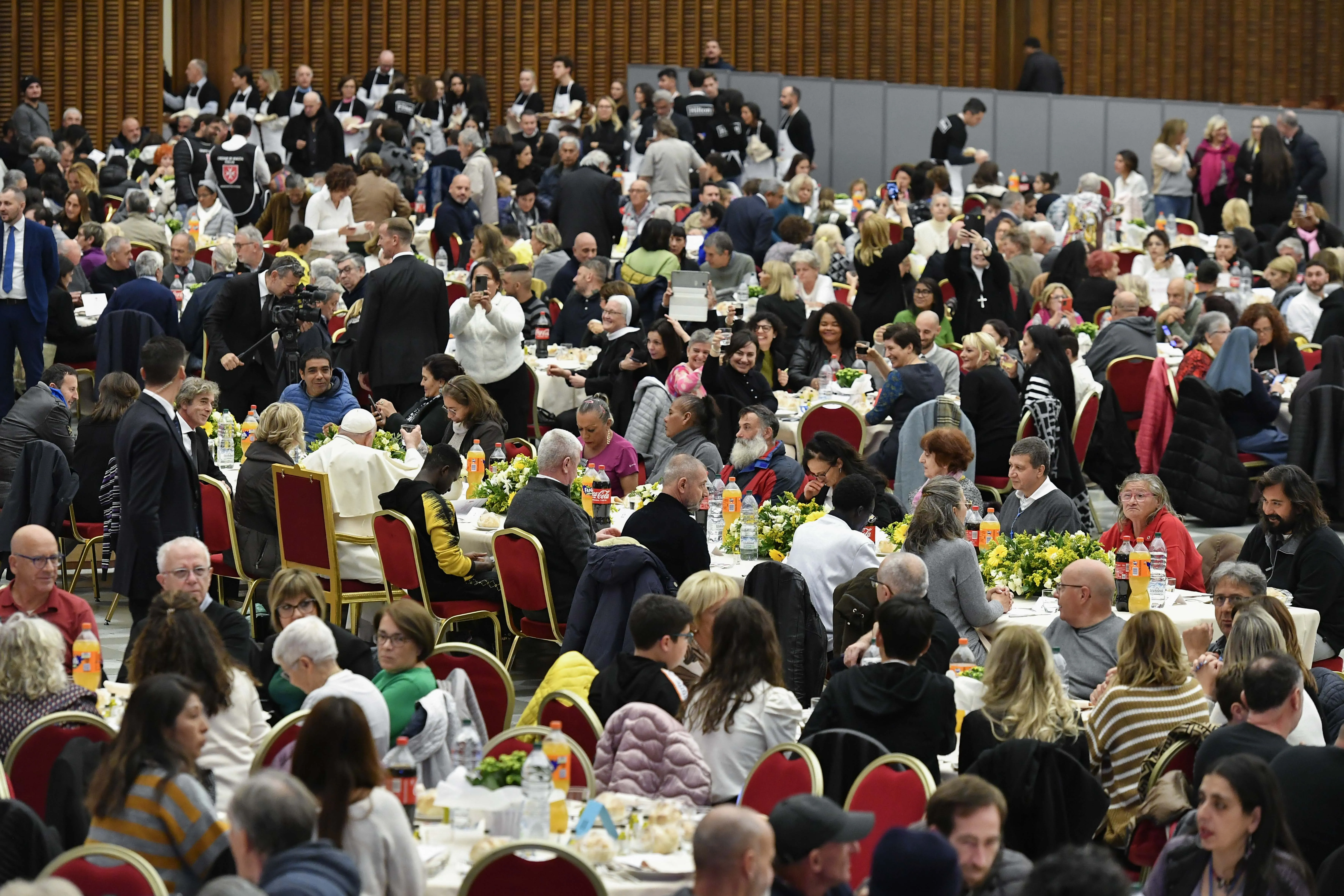
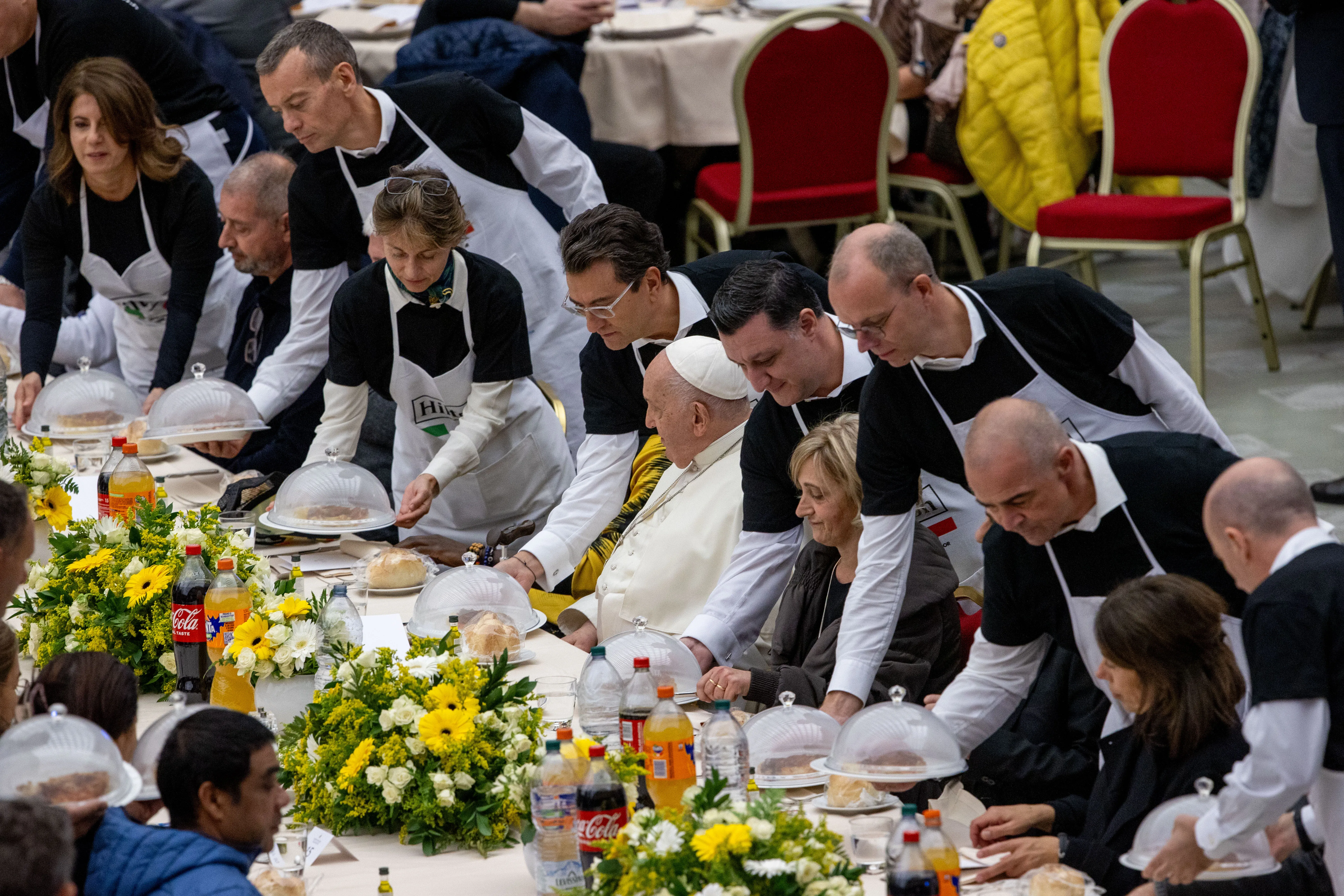
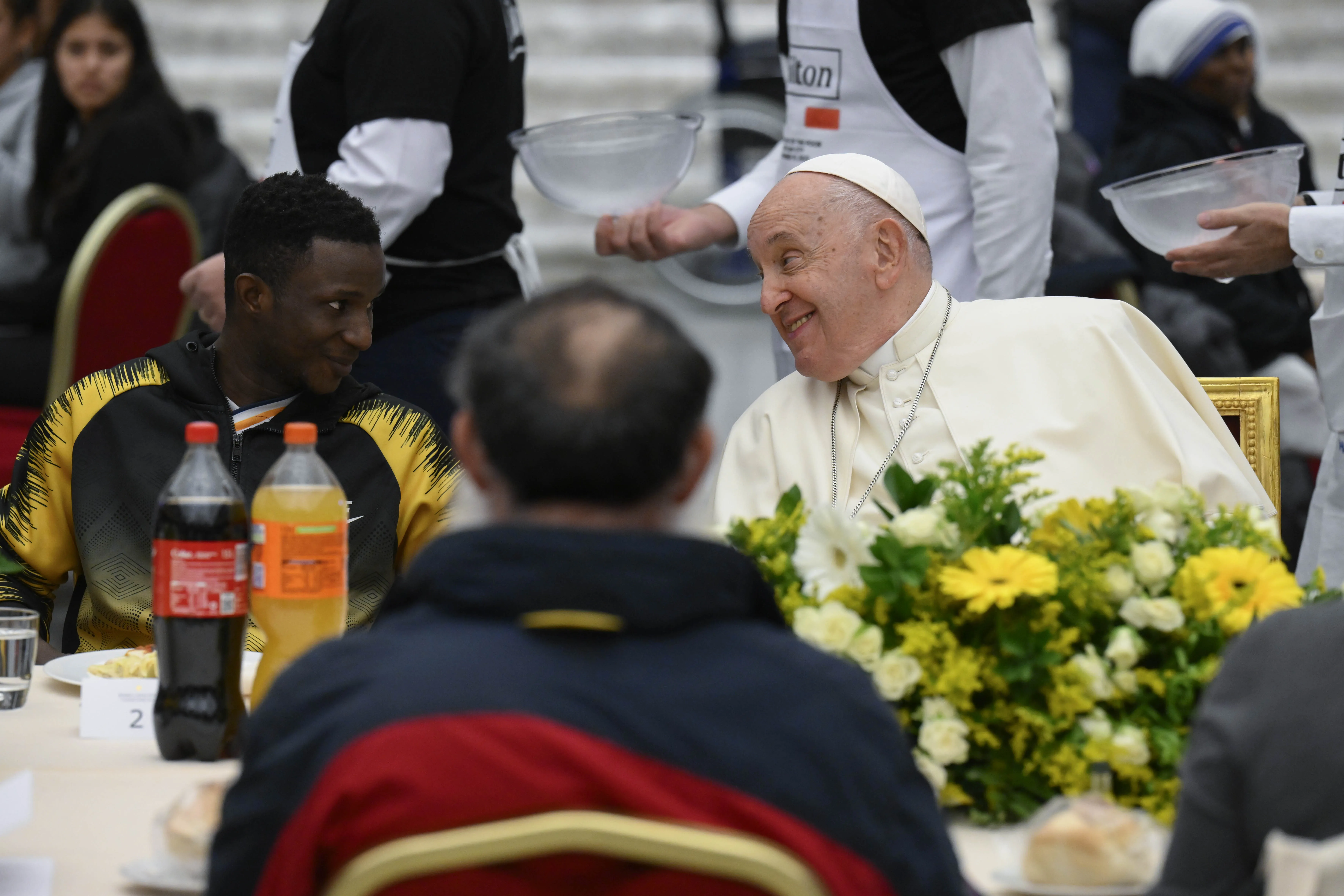
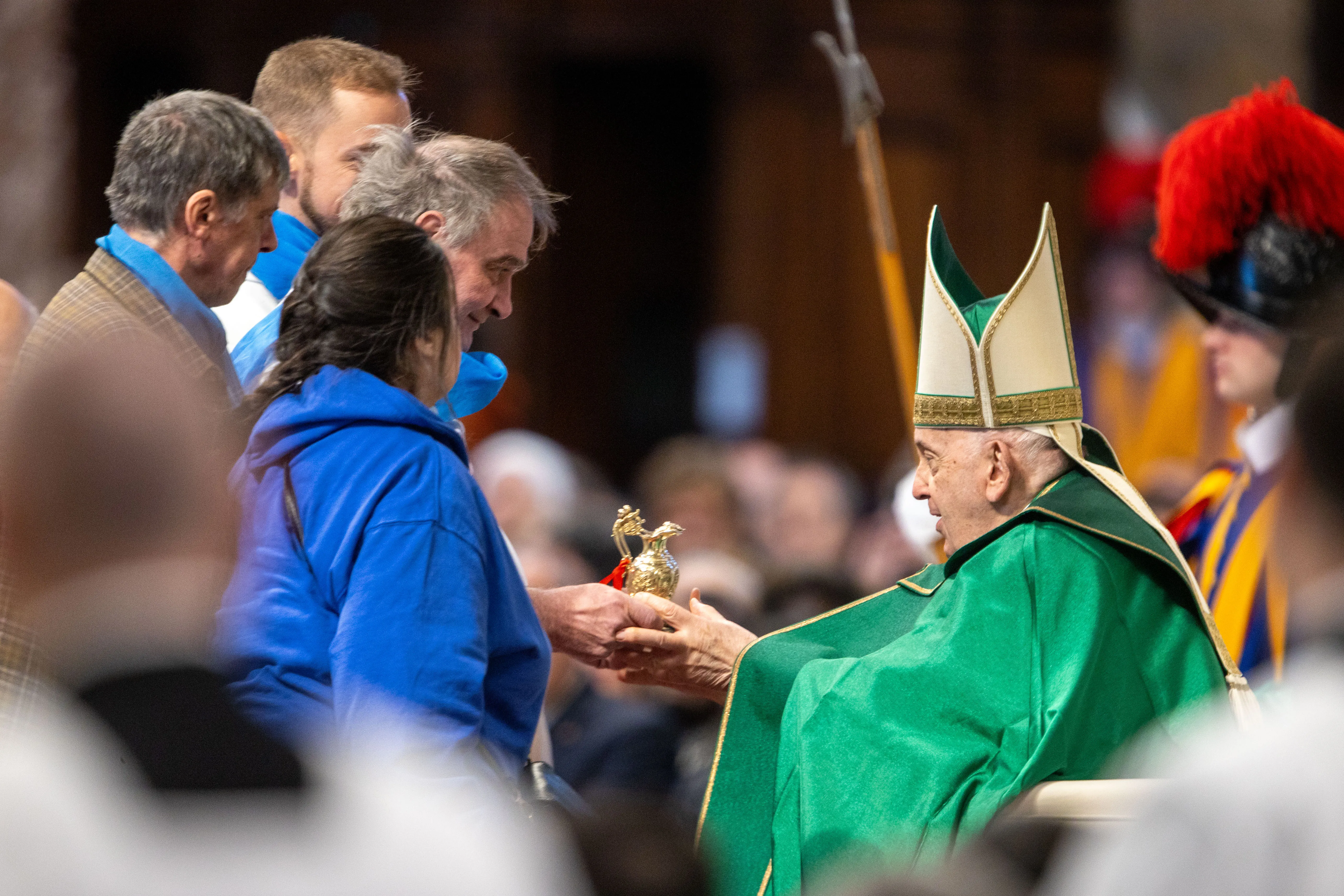

Well said, Father Schall. Clear and insightful.